Penlip
✅ Reduces stomach acid
✅ Treats acid reflux
✅ Alleviates heartburn symptoms
✅ Helps heal ulcers
✅ Relieves indigestion
Penlip contains Pantoprazole Sodium.
Product Overview
Penlip is a pharmaceutical formulation containing Pantoprazole Sodium as its active component. Classified as a proton pump inhibitor (PPI), this medication effectively decreases gastric acid secretion. Clinically prescribed for managing gastroesophageal reflux disease (GERD), peptic ulcer disorders, and Zollinger-Ellison syndrome, Penlip alleviates symptoms including heartburn, acid regurgitation, and dyspepsia through its potent acid-suppressing action.
Therapeutic Applications
This medication is indicated for various acid-related gastrointestinal pathologies. It demonstrates clinical efficacy in symptom management of GERD (manifesting as pyrosis, regurgitation, and dysphagia), promotes ulcer healing in gastric and duodenal mucosa, and controls hypersecretory conditions like Zollinger-Ellison syndrome. The therapeutic action addresses both symptom relief and pathological healing processes.
Administration Guidelines
For optimal therapeutic outcomes, Penlip should be administered orally, preferably in the morning before breakfast. The enteric-coated tablet must be swallowed intact with sufficient water, without crushing or chewing. Clinical improvement may require several days of continuous therapy; therefore, adherence to prescribed regimen is essential regardless of symptomatic relief.
Mechanism of Action
Penlip exerts its pharmacologic effect through irreversible inhibition of the hydrogen-potassium ATPase enzyme system (proton pump) in gastric parietal cells. This molecular action suppresses the final step of gastric acid secretion, resulting in significant reduction of both basal and stimulated acid production. The consequent decrease in gastric acidity facilitates mucosal healing and symptom resolution.
Dosage Protocol
Therapeutic dosing ranges from 20-40 mg once daily, with administration timing dependent on the specific clinical indication. Medical practitioners may adjust dosage based on therapeutic response, hepatic function, and concomitant medications. Strict adherence to prescribed dosing schedule is paramount, and self-adjustment of dosage without medical consultation is contraindicated.
Therapeutic Advantages
Clinical benefits of Penlip therapy include:
– Effective control of acid-related symptoms
– Promotion of peptic ulcer healing
– Prevention of ulcer recurrence
– Improvement in quality of life for chronic GERD patients
– Management of pathological hypersecretory conditions
Adverse Effects
Common adverse reactions may include:
– Cephalgia (headache)
– Gastrointestinal disturbances (nausea, diarrhea, abdominal discomfort)
– Dizziness
– Flatulence
These typically mild and transient effects should be reported if persistent. Serious adverse effects requiring immediate medical attention include hypersensitivity reactions, hepatic enzyme abnormalities, and electrolyte imbalances.
Precautions and Contraindications
Prior to initiation of therapy, disclose:
– Hepatic impairment history
– Osteoporosis risk factors
– Hypomagnesemia
– Pregnancy/lactation status
Long-term therapy may necessitate monitoring for:
– Bone mineral density changes
– Vitamin B12 status
– Renal function
Drug interactions with certain anticoagulants, antifungals, and HIV medications warrant particular caution.
Storage Conditions
Maintain product integrity by storing at controlled room temperature (15-30°C) in original packaging, protected from moisture and light. Implement appropriate medication disposal methods for expired or unused product, adhering to local pharmaceutical waste regulations. Ensure secure storage away from pediatric access.
Medical Disclaimer
The provided information serves educational purposes only and does not constitute medical advice. While we strive for accuracy through expert review, this content should not replace professional medical consultation. Healthcare providers should be consulted for:
– Complete safety information
– Potential drug interactions
– Individualized treatment plans
– Management of adverse effects
This resource aims to supplement, not substitute, the essential physician-patient relationship in therapeutic decision-making.
| Strength | 40 mg |
|---|---|
| Quantity | 30 Tablet/s, 60 Tablet/s, 90 Tablet/s, 180 Tablet/s |
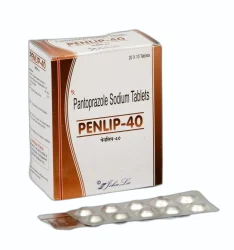 Penlip
Penlip









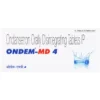
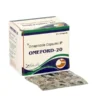
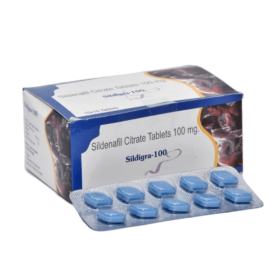
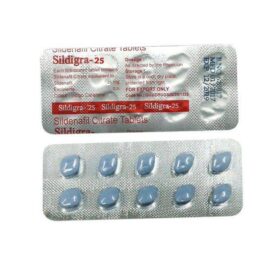
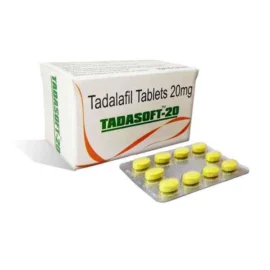
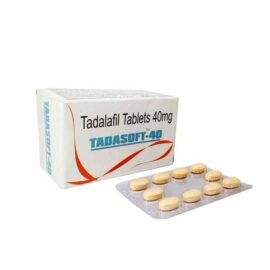
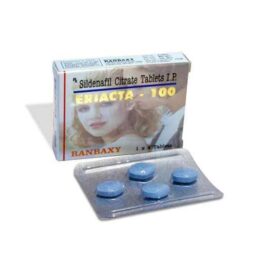

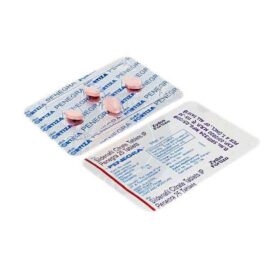
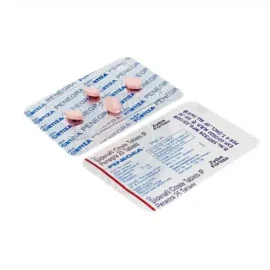
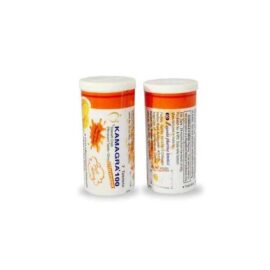
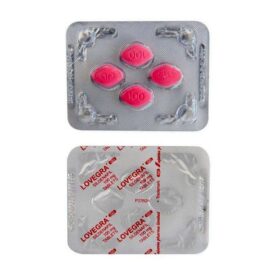
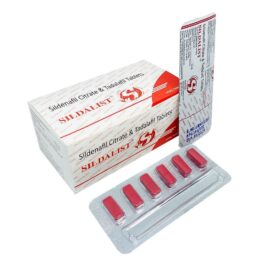
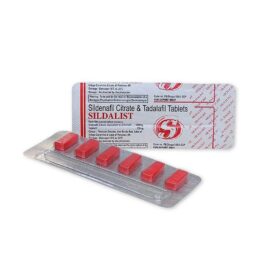


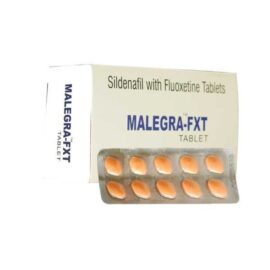
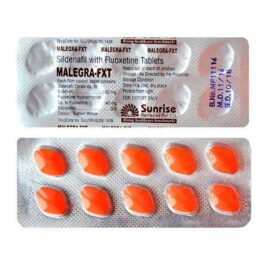
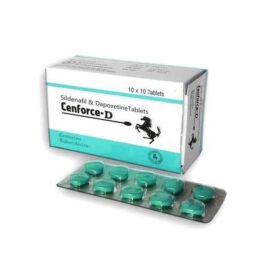
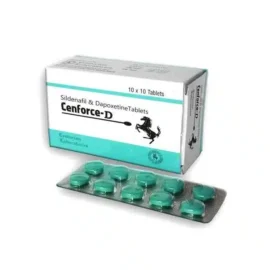
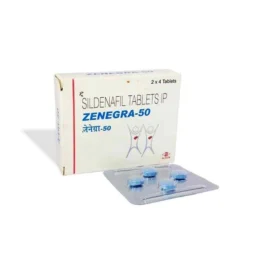
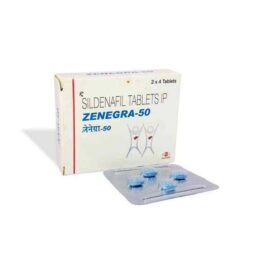
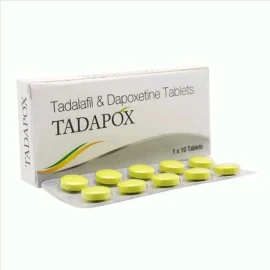
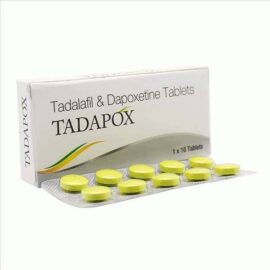
Reviews
There are no reviews yet